As activewear continues to be a prominent feature of our everyday wardrobes – whether we’re exercising or not – the brands that keep us in leggings and racerbacks are making earth-friendly options more accessible. Gone are the workout clothes of yesteryear made from non-biodegradable synthetics; the new generation of athletic gear is proving we can have our comfort and moisture-wicking capabilities – and protect the planet, too.
These days, it’s becoming commonplace to use textiles made from natural or recycled materials (think: fishing nets and plastic bottles) that don’t compromise on quality or aesthetics, but the best conscious brands are prioritising other, oft-overlooked pillars of sustainability as well, from ethical labour practices to local production and waste-free packaging. Proving that the health of our bodies and the environment go hand-in-hand, these innovators are inspiring us to prioritise the planet – and people – when shopping for activewear this season.
Pangaia
View this post on Instagram
View this post on Instagram
Direct-to-consumer loungewear brand Pangaia first gained a cult following for their brightly coloured sweatsuit sets and an ethos of “hi-tech naturalism.” Now, they’re tackling activewear. This spring, the company – based between London, New York and Moscow – announced the launch of Pangaia Move, a collection of matching sets in 100% organic cotton jersey.
In addition to supporting tree-planting and bee-saving initiatives, the brand is always innovating on its textiles. Following the success of its Seaweed Fiber T-shirts in 2019, it’s recently launched C-FIBERTM, a trademarked carbon-neutral and biodegradable textile made with responsibly sourced eucalyptus pulp and seaweed powder. Whether you’re lounging or lunging, Pangaia proves that wearing earth-friendly fabrics doesn’t have to be boring.
Allbirds
View this post on Instagram
View this post on Instagram
Reducing your carbon footprint can be complicated, but switching your kicks to ones made from trees instead of plastic is already a start. This is the core philosophy of Allbirds, a New Zealand-based brand making footwear – and now apparel – with natural and renewable materials like merino wool, eucalyptus, marine shells and sugarcane.
The company’s first performance shoe category, The Dasher, was created with the endurance of athletes and the planet in mind. Case in point: their durable Wool Dasher Mizzles Mid have nearly a 30% lower carbon output than the estimated average sneaker. In April, Allbirds started labelling each product with its carbon footprint, allowing customers to better measure the impact of the purchasing decisions they make.
Girlfriend Collective
View this post on Instagram
View this post on Instagram
In addition to using 100% recycled and recyclable packaging, Seattle-based Girlfriend Collective make size-inclusive activewear from materials that would otherwise clog landfills. That means that their leggings, sports bras, tees and tanks aren’t just on-trend – they’re also produced with textiles created from old water bottles, fishing nets and cupro (a fibre made from cotton industry waste). With a focus on transparency, the brand manufactures its collections at a Social Accountability International-certified factory in Vietnam guaranteeing fair, safe and healthy work conditions for its employees.
Scoria
View this post on Instagram
View this post on Instagram
While the practice of yoga is rooted in wellness, many of the conventional yoga mats and accessories on the market are made from polyvinyl chloride (PVC), one of the most environmentally and health-hazardous plastics. Fortunately, brands like Scoria are using renewable resources to create eco-friendly alternatives.
The Canadian company’s artistic cork yoga mats and props are made with sustainably harvested cork and a natural tree rubber backing. Because the materials are only taken from the outer layers of the trees, the trees don’t need to be cut down and can continue absorbing carbon dioxide in biodiverse forests in Portugal. As an added bonus, Scoria partners with nonprofit organisations to ensure that every purchase has a social impact; their current partner is Right To Play, supporting indignous Canadian communities through youth education and activities.
Kaira Active
View this post on Instagram
View this post on Instagram
Encouraging people to get outside and embrace minimalism, Kaira Active designs multifunctional, reversible, consciously manufactured athletic wear. Their flattering tops, shorts and leggings can take you from the couch to the trails to a yoga class – and can also be worn while swimming or surfing. Based in California, the brand’s proximity to the seaside inspired its partnership with Healthy Seas, a non-profit initiative that dives to collect fishing nets discarded in the ocean, which are then transformed and regenerated into buttery soft Econyl yarn. While their textiles are made in Italy, Kaira Active works closely with local Los Angeles factories to produce its garments fairly and ethically, and ships responsibly using 100% recycled packaging.
Organic Basics
View this post on Instagram
View this post on Instagram
For Copenhagen-based brand Organic Basics, sustainability isn’t just a ‘nice to have’ – it’s a core aspect of their business. The company only works with ethical factory partners in Portugal, Italy, Austria, Scotland and Turkey, using only Class A and B textiles, which – according to The Made-By Environmental Benchmark for Fibres – include everything from hand-picked, chemical-free organic cotton to recycled cashmere.
Aware that much of the environmental impact of clothing is created during the wearing phase – especially through frequent washing and detergent use – the company has introduced some impressive innovations to ensure its garments stay fresh and last longer. Its SilverTech range, for example, uses Polygiene, a fabric treatment made from recycled silver salt, which controls odour and keeps the fabric smelling and feeling clean for longer between washes – saving you time, energy and money.
Vuori
View this post on Instagram
View this post on Instagram
Vuori has nailed a rare trifecta in the activewear industry: super comfortable, eco-friendly and stylish enough to wear beyond the gym. Pieces like its best-selling Performance Joggers aren’t only cosy and breathable, but are also made from REPREVE polyester, a textile derived from recycled plastic bottles.
In addition to using regenerated materials, the California-based company offsets 100% of their carbon footprint through a partnership with Climate Neutral – funding projects that restore rainforests and support clean energy. As part of its dynamic sustainability programme, the brand is now eliminating plastic from its supply chain, with the goal of saving 1.2 million garment bags from landfills in 2021.
Horizon Athletic
View this post on Instagram
View this post on Instagram
Developed by Australian professional athlete Marlena Gabriel, Horizon Athletic celebrates a love of the oceans, sports and the outdoors. In an effort to offset the disturbing amount of plastic impacting sea life, the brand uses a unique combination of fibres made from recycled post-consumer waste and Lycra Xtra Life, which is up to five times more durable when exposed to chlorine, saltwater, UV and sun creams than the average swimwear fabric. The hope is that their products will stand the test of time – and the most rigorous of workouts – reducing the need to contribute to a wasteful fast-fashion cycle.
Arms of Andes
View this post on Instagram
View this post on Instagram
Bringing artisanal Peruvian alpaca wool to the activewear industry, Arms of Andes is designed for the modern outdoor adventurer. Garments are created via traditional and sustainable methods still used in the Peruvian Andes – from employing 100% natural dyes to organic fibres. Since the entire supply chain is located in Peru, items are only shipped internationally when purchased, reducing unnecessary emissions. Working predominantly with natural alpaca wool has inspired the brand to move toward a completely biodegradable approach; their next step this year will be introducing biodegradable zippers and bands for their joggers and leggings.
Sweaty Betty
View this post on Instagram
View this post on Instagram
It’s no surprise that some of popular brand Sweaty Betty’s most-loved items are made from recycled materials. In fact, every pair of Super Sculpt leggings is made from a total of 17 plastic bottles (with the entire range saving over 500,000 bottles destined for landfill).
The London-based label’s latest innovation is the Mindful Seamless collection, which makes use of Lenzing Modal, a high-tech fibre produced from responsibly sourced wood pulp; for every fallen tree, two are replanted in its place. With other core fabrics including merino wool and yak fibre sourced from Shokay, a social enterprise that runs community development programmes in the Himalayas, the company is taking extra steps to operate responsibly. Through their new recycling initiative, customers can drop off their old leggings at any Sweaty Betty store and receive a £10 voucher in exchange – making the switch to eco-friendly activewear even easier.

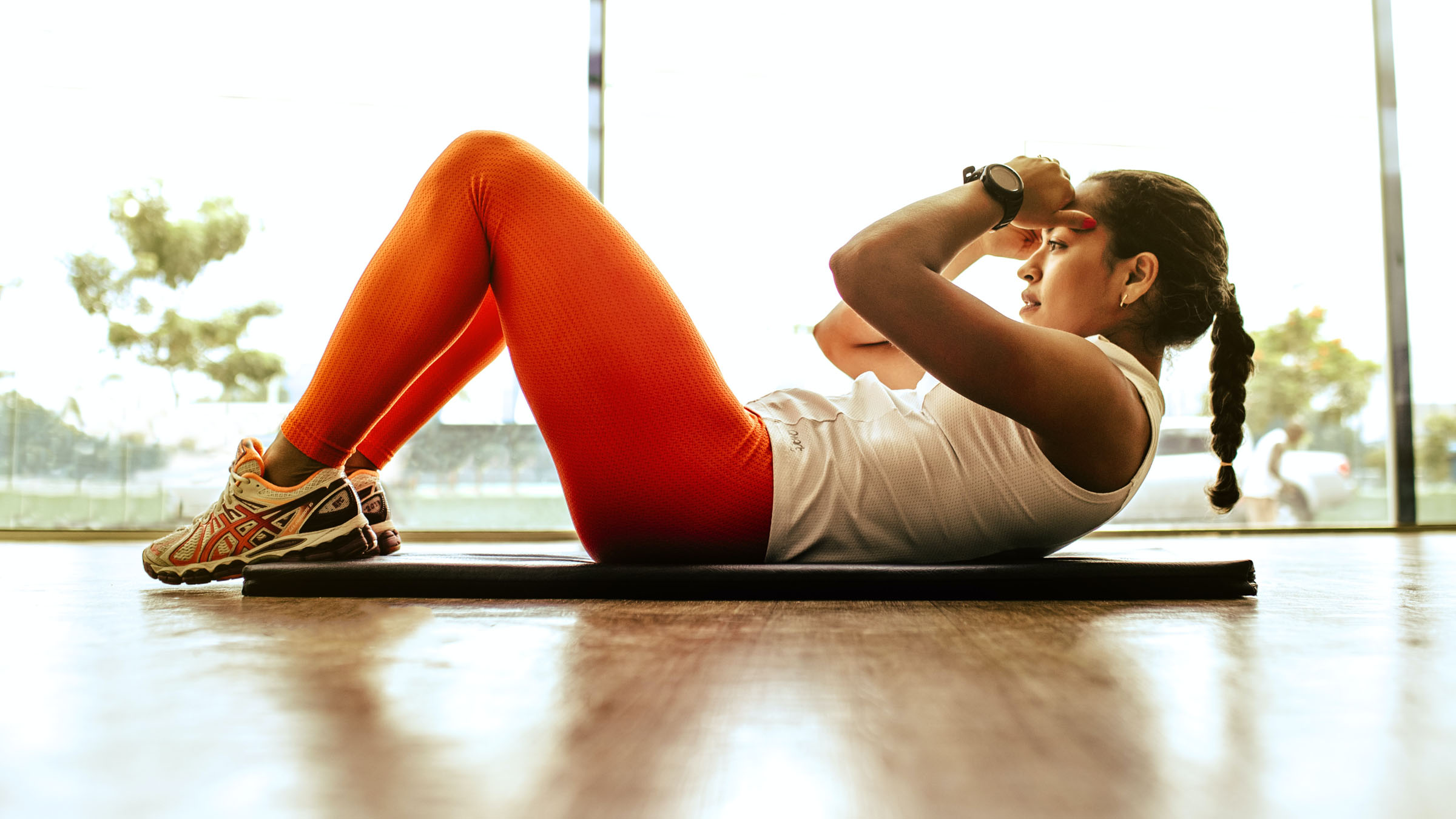
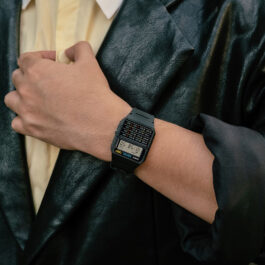
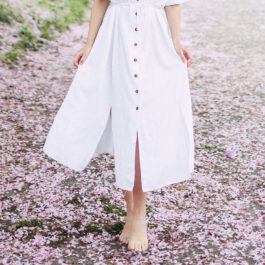
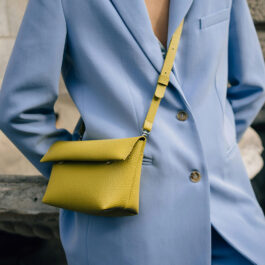
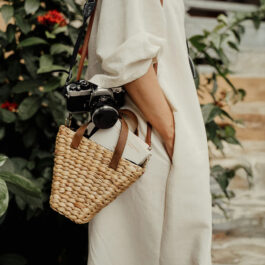
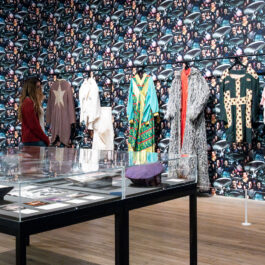

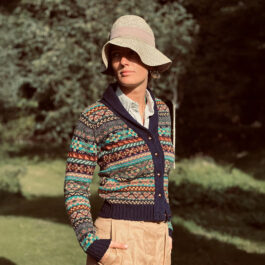
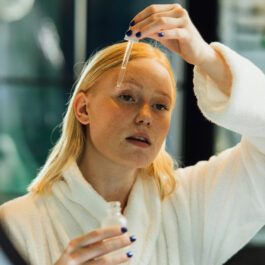

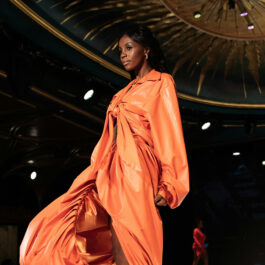
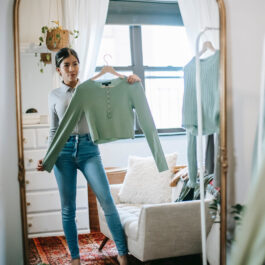
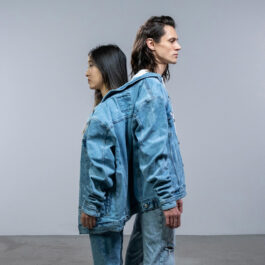
Sorry, the comment form is closed at this time.